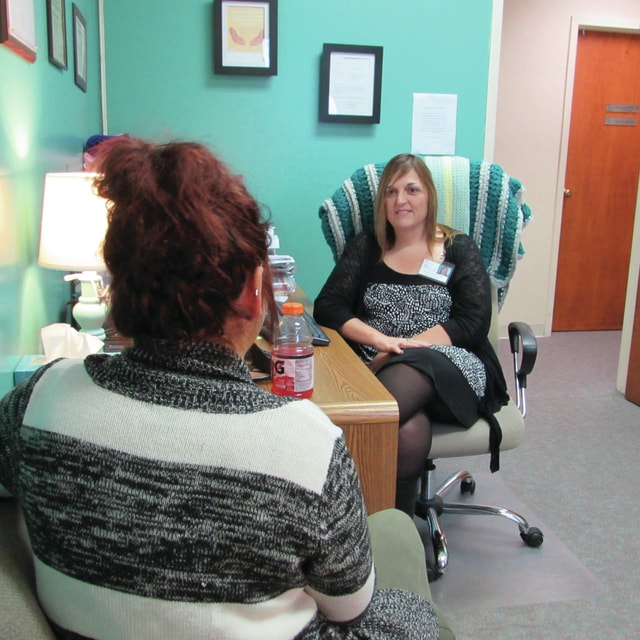

DARKE COUNTY — On November 8, voters in Darke County will be asked to cast ballots not only for a number of candidates running for elective office, but also for issues.
One of the issues to be voted upon is the renewal of a 0.6-mill tax levy supporting the Tri-County Board of Recovery and Mental Health Services. The Tri-County Board provides funds to local agencies to help residents of Darke, Miami and Shelby Counties.
Among the services offered through these agencies are: counseling; 24-hour crisis lines; access to hospitals and detox beds; medication-assisted treatment; supportive housing; criminal justice programs; suicide prevention; peer support; education and advocacy; prevention and wellness; and community coalitions, among others.
The levy was first enacted in 1973. The issue is placed before the voters every five years.
Mark McDaniel, executive director of Tri-County Board of Recovery and Mental Health Services, said if voters fail to renew the levy, a great number of services in the area will be adversely affected.
“Levy funding can impact as many as 20 different agencies ranging from housing, outpatient services, inpatient services, vocational services, consumer operated services, detox and residential services and crisis services,” he explained.
As it pertains to services available to Darke County residents specifically, the following agencies would be affected:
- Recovery and Wellness — both mental health and addictions, including the Vivitrol Project;
- SafeHaven — consumer-operated services;
- Community Housing — housing and adult care facilities and respite beds;
- Access Hospital — Darke County residents can be admitted;
- Upper Valley Medical Center — Darke County residents can be admitted;
- Nova Behavioral Health — Darke County residents can be admitted for detox and substance abuse residential;
- Vocational Services — would likely eliminate these services as Tri-County provides matching money for a grant.
Information provided by Friends for Mental Health & Recovery state that, for a typical homeowner, the tax equals approximately five cents per day, or less than $20 per year. In total, the levy raises about $2 million per year for the Tri-County Board.
A chart provided by the organization shows the levy provides only 38 percent of the money used by the board annually. State (43 percent), Federal (12 percent) and other (7 percent) monies provide the remainder.
McDaniel said, in addition to direct support for services, money raised through the levy is used as leverage against matching grants received from the government.
“About $500,000 over the past three years,” he concluded.
As well as the number of agencies affected, there is a broad personal cost if the levy is not renewed, McDaniel says.
“We have a count of 7,500 who received clinical services last year,” he explained. “If you add those that we did not receive data on — we do not receive all of the data any longer from Medicaid, so it is more difficult to come up with accurate numbers — that would probably increase the number to over 10,000. So if you stated around 10,000, it would be accurate. Our system also provides prevention services to probably over 10,000 kids a year (in addition).”
When asked if drug abusers have become the majority of those assisted by the services, McDaniel disagreed.
“No, the largest user of our services are those with mental illness,” he said. “However, the substance abusing numbers have certainly climbed over the past two years.”
Not all services rendered are completely free of charge, though. Private insurance and Medicaid may pay for some services, in whole or in part, but clients will sometimes be asked to pay for a portion of their treatment depending on their ability to pay, something McDaniel refers to as “having skin in the game.”
“This is my personal belief, but I think it is shared by many,” he said. “It assumes that if an individual pays for something they will tend to value it more. This is helpful with therapy as you would like people to be vested in their therapy and thus be more productive. The sliding fee scale is a good example of applying this idea.”
For further information about the Tri-County Board of Recovery and Mental Health Services, visit the organization’s website at www.tcbmds.org.





